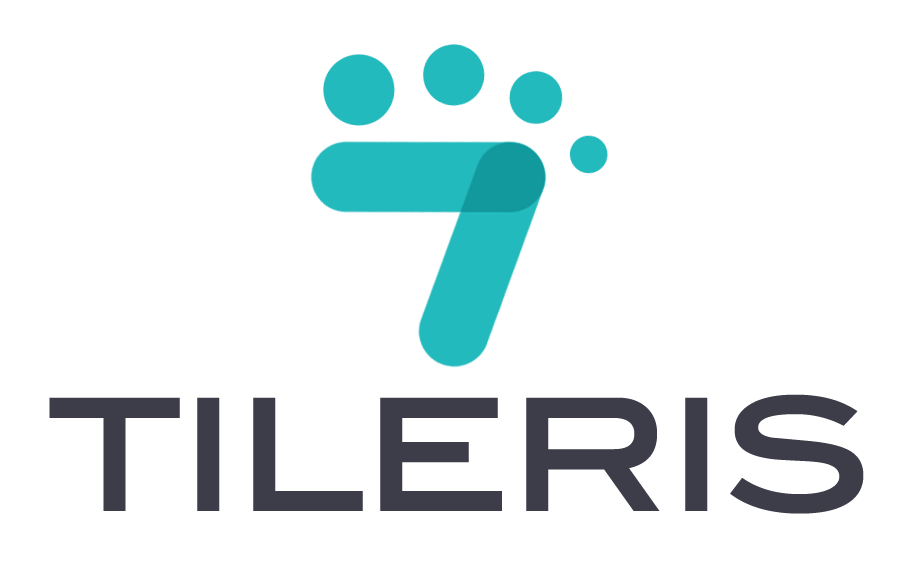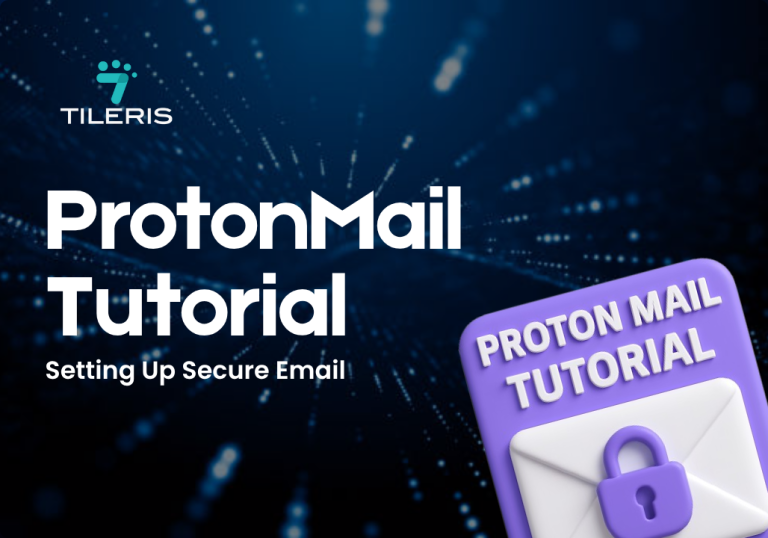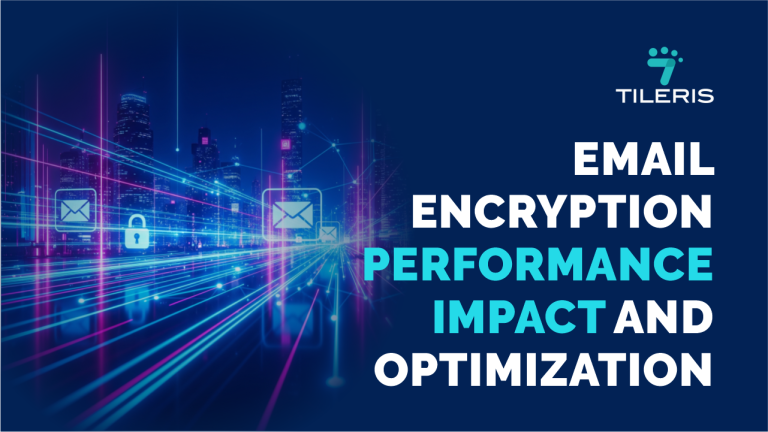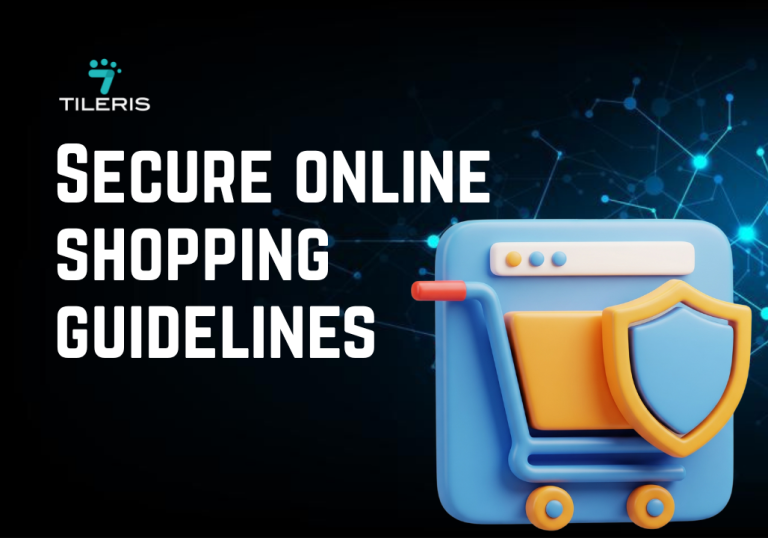Top Security Awareness Training Platforms For BEC Prevention
Introduction
Ever get an email that just feels off? Maybe it’s supposedly from your CEO, stuck in a frantic meeting, asking you to wire money ASAP. Or perhaps it’s a “vendor” with new bank details for the invoice you’re about to pay. That, my friend, is a Business Email Compromise (BEC) attack. These aren’t your typical spam; they’re incredibly clever scams designed to trick your team into sending money straight to criminals or spilling company secrets.
Your fancy tech defenses? They’re essential, but they can’t catch everything. Often, the last line of defense is your amazing team. That’s why security awareness training isn’t just a corporate chore; it’s like giving your employees superpowers to spot and stop these sneaky email fraudsters. This guide will walk you through picking the best training platforms to arm your team against BEC.
What Makes a Training Platform “The One”?
Think of it like choosing the right coach for your team. You want someone who really gets it, right? Here’s what to look for in a top-notch security awareness training platform:
- Realistic Phishing Drills: This is the absolute core. Can the platform send fake emails that look just like the real BEC scams hitting businesses today? We’re talking “CEO needs urgent transfer” or “vendor changed bank details” scenarios. It should also immediately teach people why they fell for it (or praise them for spotting it!).
- Training That Clicks (Literally!): Beyond just fake emails, the platform needs engaging lessons. Are there short videos, quick quizzes, or interactive games that explain BEC tricks without boring everyone to tears? The content should cover all sorts of BEC tactics and teach them to pause and verify.
- Customizable & Insightful: Can you tweak the training messages to fit your company’s vibe and specific risks? And crucially, can you see who’s learning, who’s still clicking, and where your team’s weak spots might be? Good reporting is key to showing your boss it’s working!
- Plays Nice with Your Tech: Does it easily connect with your current email system, identity tools, and security dashboards? Smooth integration means less headaches for your IT team.
- Easy for Everyone: It needs to be simple for your admins to set up and run, and even simpler for your employees to take the training. If it’s clunky, no one will use it.
- Always Fresh: Cybercriminals are always inventing new tricks. The platform should constantly update its training and fake emails to reflect the latest scams. You don’t want to be fighting yesterday’s battles!
Meet the Front-Runners: Our Top Picks
We’ve scoured the market for the best security awareness training platforms specifically designed to tackle BEC. Here are some of the heavy hitters:
- KnowBe4: Often considered the big kahuna in this space, known for a massive library of content and super realistic phishing simulations.
- Proofpoint Security Awareness Training (Wombat Security: Formerly just Wombat, now part of Proofpoint. They’re praised for their science-backed approach to training that really changes behavior.
- Cofense PhishMe: These folks are phishing specialists, offering advanced simulations and great tools for employees to report suspicious emails.
- Terranova Security: They focus on making security awareness a truly “human-centric” experience, with lots of training options.
- SANS Security Awareness: Backed by the famous SANS Institute’s deep research, so you know the content is solid and authoritative.
How They Stack Up (And Why It Matters to You)
KnowBe4: The “Everything-and-the-Kitchen-Sink” Powerhouse
Imagine KnowBe4 as the sprawling, well-funded university of security awareness. They’ve got a little bit of everything for everyone.
- What they do best: Their biggest strength is their sheer volume and variety of content. Think thousands of training modules – short videos, engaging games, interactive courses, even humorous animated series. If you need a training piece on, say, QR code scams, or how to spot a fake invoice, they probably have it, often in multiple languages. This vast library means you can keep your training fresh and relevant, avoiding the same old lessons.
- Their secret weapon: Their phishing simulation platform is incredibly robust. You can mimic almost any real-world BEC (Business Email Compromise) scam, from the frantic “CEO needs urgent help” email to highly convincing fake vendor invoices. They make it easy to create and schedule these simulated attacks, giving your team hands-on practice in a safe environment. Plus, their reporting is excellent, showing you exactly who’s learning and where your “human risk” might still be high.
- Where they stand out: If you want a comprehensive, all-in-one solution that covers every possible angle of security awareness with a massive content library, KnowBe4 is a top contender. They excel at driving broad awareness and giving you granular data.
- Consider this: While the huge library is a perk, some users mention that not all content is perfectly up-to-date or deeply customizable in terms of wording, and the sheer volume can be a bit overwhelming to navigate at first for administrators.
Proofpoint Security Awareness Training: The “Behavioral Science Guru”
Think of Proofpoint as the meticulous scientist on your team. They’re less about dazzling you with endless content and more about a precise, research-backed approach to actually changing human behavior.
- What they do best: Proofpoint’s core philosophy is built on behavioral science. They use a method called “Assess, Educate, Reinforce, Measure.” This means they don’t just teach; they analyze why people fall for scams and then deliver targeted, bite-sized training. They’re particularly strong at identifying your “Very Attacked People” (VAPs) – the individuals who are most targeted by real threats – and then giving them extra, personalized attention.
- Their secret weapon: Their phishing simulations are highly effective and are often tied directly to real-world threats Proofpoint observes through its extensive threat intelligence. This means the simulations are incredibly relevant to the actual BEC scams making it through your email filters. Their training is designed to be easily digestible and focuses on making the right behaviors stick.
- Where they stand out: If you value a scientifically validated approach that focuses on measurable behavior change, especially for larger organizations or those already using Proofpoint’s other security tools (which leads to seamless integration), this platform shines. It’s about quality and effectiveness over sheer quantity of content.
- Consider this: While effective, some users find their content library less extensive than KnowBe4’s and potentially more compliance-focused, and the customization options for content might be a bit more rigid.
Cofense PhishMe: The “Phishing Warrior & Employee Enabler”
Cofense PhishMe is the sharp, focused warrior in the fight against email-borne threats. They live and breathe phishing, and their platform is designed to make your employees just as sharp.
- What they do best: Their primary focus is on incredibly realistic phishing simulations. They pride themselves on using templates derived from actual phishing attacks that have bypassed traditional email security. This means your team is training against the real deal, not just generic examples.
- Their secret weapon: Beyond just simulating, Cofense is brilliant at empowering your employees to report suspicious emails. Their “Reporter” tool (often an add-in for email clients) allows users to flag potential threats with a single click. This turns every employee into a vital part of your security sensor network, helping your security team identify and respond to real threats faster.
- Where they stand out: If your biggest cyberthreat is phishing (and BEC, which heavily relies on phishing), and you want to turn your employees into an active line of defense by getting them to report scams, Cofense is an incredibly powerful choice. They emphasize behavioral conditioning through repeated exposure and reporting.
- Consider this: While excellent at phishing, their content library might be less broad than KnowBe4’s for general security awareness topics, as their specialization is in email-based threats.
Terranova Security: The “Human-Centric & Highly Adaptable Coach”
Terranova Security is the empathetic coach who truly understands that people learn differently. They put the human element first and are champions of highly customizable training.
- What they do best: They excel at letting you build your own security awareness program. Their content is highly modular, allowing you to drag and drop different elements (videos, quizzes, interactive lessons) to create training paths that are perfectly tailored to specific departments, roles, or even individual learning styles within your organization. This adaptability means the training feels personal and relevant, not generic.
- Their secret weapon: They put a strong emphasis on engaging learning experiences, often incorporating gamification and making content available in many languages, which is fantastic for global teams. Their focus is on making security awareness a natural part of work life rather than a chore.
- Where they stand out: If you have a global presence, specialized departments, or a strong desire to deeply integrate security awareness into your company culture with specific, tailored messaging, Terranova provides the flexibility you need. They emphasize making the learning intuitive and effective by truly resonating with your employees.
- Consider this: While the customization is powerful, it might require a bit more effort upfront from administrators to design and fine-tune campaigns compared to a more out-of-the-box solution.
SANS Security Awareness: The “Deep Knowledge & Authoritative Educator”
SANS is a name synonymous with deep cybersecurity expertise. Their Security Awareness program is like having a renowned cybersecurity professor design your curriculum – it’s authoritative, well-researched, and built on the latest threat intelligence.
- What they do best: The content quality is exceptionally high. It’s written by leading experts in the field, ensuring accuracy and relevance to current cyberthreats, including sophisticated BEC tactics. They often offer role-based training, meaning executives get lessons tailored to their risks, and IT staff get more technical insights.
- Their secret weapon: Their strength lies in providing a solid foundational understanding of cybersecurity principles, not just “what to click.” They aim to build a strong security culture rooted in fundamental understanding. Their “OUCH!” newsletter is also a widely respected free resource for continuous learning.
- Where they stand out: If your organization prioritizes the absolute highest quality, authoritative, and technically accurate content, or has a more technical workforce that appreciates robust, accurate content, SANS is an excellent choice. It’s ideal for building a truly mature security posture based on education.
- Consider this: While the content is top-tier, it might be perceived as less “flashy” or “gamified” compared to some competitors. Their pricing might also be on the higher end, reflecting the expertise and depth of their offerings.
The Final Word on Stacking Them Up:
No single platform is “the best” for everyone.
- Choose KnowBe4 for overall versatility, a vast content library, and broad market leadership.
- Opt for Proofpoint if you prioritize data-driven behavior change and seamless integration with existing email security.
- Go with Cofense PhishMe for specialized, hyper-realistic phishing simulations and empowering employees to actively report threats.
- Select Terranova Security if you need deep customization and a human-centric approach for diverse or specific audiences.
- Pick SANS Security Awareness for authoritative, in-depth content and building a strong security culture based on expert knowledge.
Ultimately, the “best” platform is the one that best fits your specific pain points, the learning style of your employees, and your strategic cybersecurity goals.
Making It Work: Best Practices for Success
Picking the right platform is a huge step, but making it truly effective means putting it into action the right way:
- Don’t Do “One Size Fits All”: Your finance team needs to know different things than your marketing team. Customize the training for different departments and specific BEC scenarios that they might face.
- Phishing Drills are Your Friends (Regularly!): Don’t just send one type of fake email. Mix it up! Try different senders, different “urgent” requests, and different levels of trickiness. The more varied the simulations, the better prepared your team will be. And keep them coming regularly – don’t let vigilance fade.
- Track and Adjust: Use those fancy reports to see how your team is doing. Who’s clicking? Who’s reporting? Use this info to fine-tune your training and focus on areas where people need more help.
- Keep it Fresh and Relevant: BEC attackers are always changing their game, so your training needs to evolve too. Update your content regularly with new scam examples and tips.
- Get Leadership on Board: When the CEO or other leaders champion security awareness, it sends a clear message: “This is important!” Their support helps everyone take it seriously.
- Praise, Don’t Blame: Create a culture where employees feel safe to report suspicious emails, even if they’re not 100% sure. Celebrate those who spot and report a scam – they’re your heroes!
Conclusion
When it comes to Business Email Compromise, your team is your ultimate defense. By investing in a smart, engaging security awareness training platform, you’re not just buying software; you’re empowering your people to become vigilant guardians. This isn’t just about preventing financial loss; it’s about safeguarding your company’s reputation and peace of mind.
Choose wisely, train consistently, and watch your team become a fortress against email fraud.
To learn more about protecting your online presence, visit us at Https://tileris.com.






